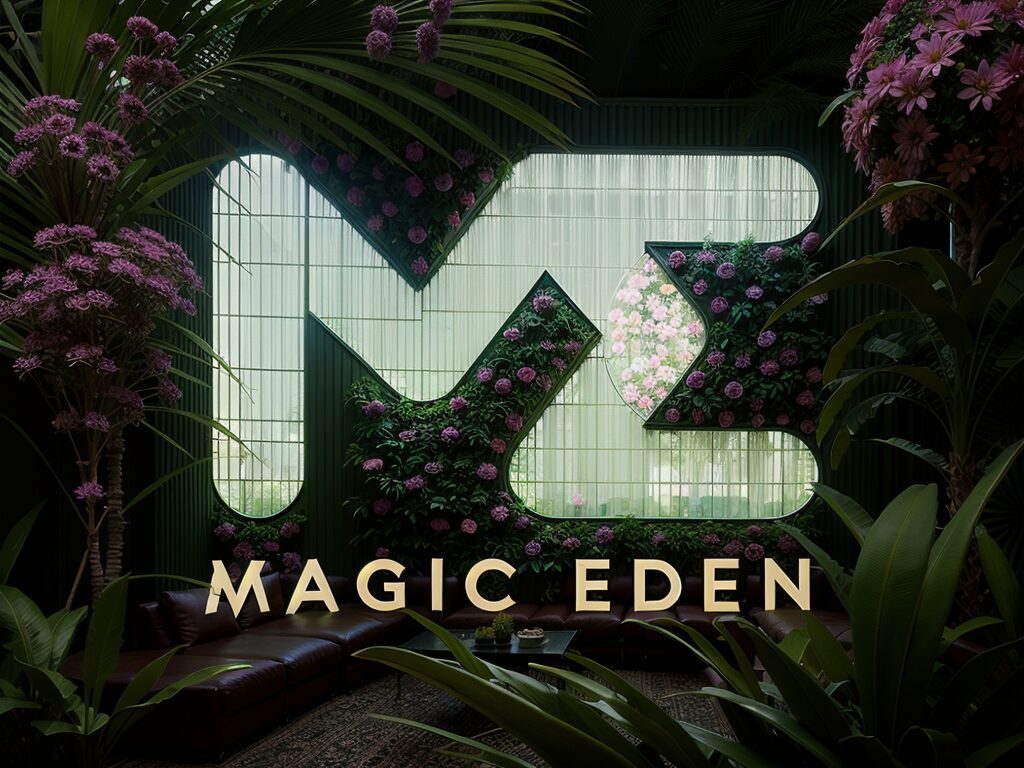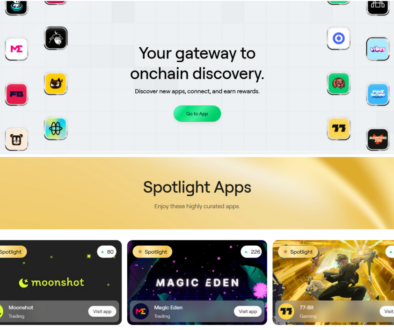The Future of NFT Marketplaces: The Shift Towards Royalties and Magic Eden’s New Moves
In the rapidly evolving world of Non-Fungible Tokens (NFTs), the conversation around royalties and marketplace preferences is becoming increasingly pertinent. Wale.moca, a notable figure in the NFT community, recently sparked a discussion on the potential future dynamics of NFT marketplaces, specifically focusing on the implications of Magic Eden’s new Ethereum (ETH) marketplace and the broader industry’s shift towards zero royalty models. Shout out to Wale Swoosh for the inspiration.
Game over for Opensea, Blur & co?
The top NFT projects are joining forces.
Will they leave non-royalty marketplaces? 🧵👇
(1/10) pic.twitter.com/SwcY7ChG5W
— wale.moca 🐳 (@waleswoosh) February 7, 2024
The Dilemma of Royalties and Marketplaces
Royalties represent a critical revenue stream for NFT creators, compensating them for their work’s ongoing value as it changes hands. However, the shift towards non-royalty marketplaces, as highlighted by the impending move of Opensea to a 0.00% royalty structure, poses significant challenges. This shift threatens to deprive creators, especially those behind top NFT projects, of millions in potential earnings, raising questions about the sustainability and fairness of the NFT ecosystem.
The Implications for Major NFT Projects
Despite the speculation, it appears unlikely that heavyweights like Pudgy Penguins or Azuki will outright block other marketplaces in favor of Magic Eden. Instead, a “preferred” partnership model might emerge, where these projects actively promote Magic Eden through social channels and exclusive activations, without severing ties with other platforms.
Holder Perspectives and Market Sentiments
From the standpoint of NFT holders, particularly those invested in larger, well-established projects, the shift towards a pro-royalty stance for smaller artists and projects is seen as a positive development. However, the overarching sentiment remains mixed, especially when considering the financial success of these larger projects and the potential impact on their market value.
What Lies Ahead for Traders and Collectors?
For the end user, the immediate changes might be minimal. Magic Eden’s new ETH marketplace is set to incentivize traders, possibly through higher prices or reduced ROI, and collaborate closely with top NFT projects through marketing activations. Yet, the likelihood of these top projects completely blocking other major marketplaces remains low, suggesting a more inclusive future for the NFT space.
Magic Eden’s Strategy: A New Hope for Royalties?
Magic Eden, traditionally known for its dominance in the Solana NFT space, is branching out to Ethereum with a new marketplace that could offer a fresh perspective on handling royalties. The platform’s approach, which seems to favor a model that could potentially protect creator royalties, is stirring conversations about whether top projects will begin to exclusively favor marketplaces that support their financial interests.
Liquidity vs. Royalties: Finding a Balance
Liquidity remains another crucial factor for NFT projects and their holders. A marketplace’s ability to facilitate quick and efficient transactions is as vital as ensuring creators receive their due royalties. It’s a delicate balance between supporting creators financially and maintaining an active, liquid market for NFT traders and collectors.
TL;DR
The NFT ecosystem is at a crossroads, with the debate around royalties and marketplace preferences heating up. Magic Eden’s new Ethereum marketplace introduces a potential shift towards supporting creator royalties, balancing liquidity needs. While top NFT projects are unlikely to exclusively align with any single platform, the evolving landscape signals a move towards more equitable models for creators without significantly impacting end users.



